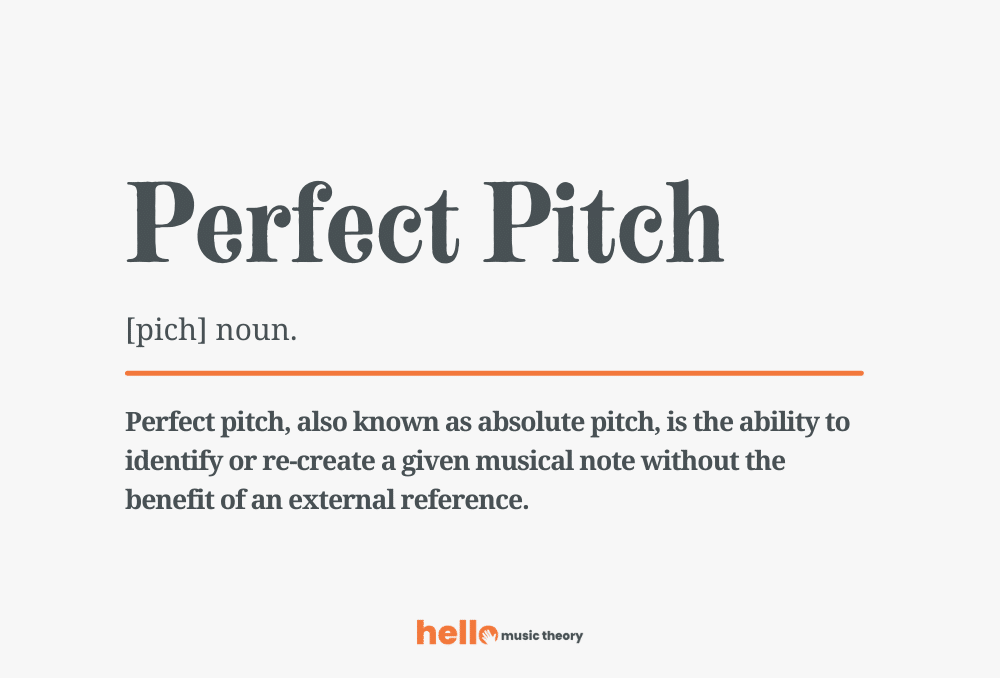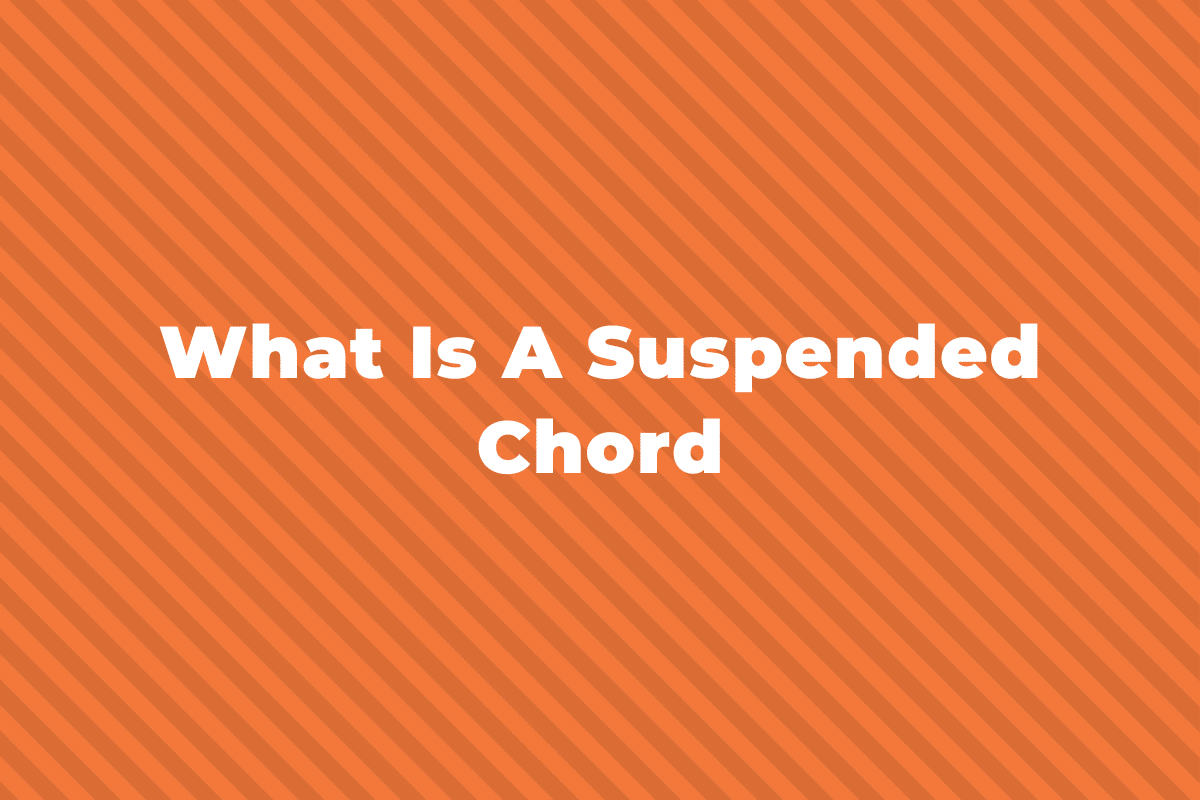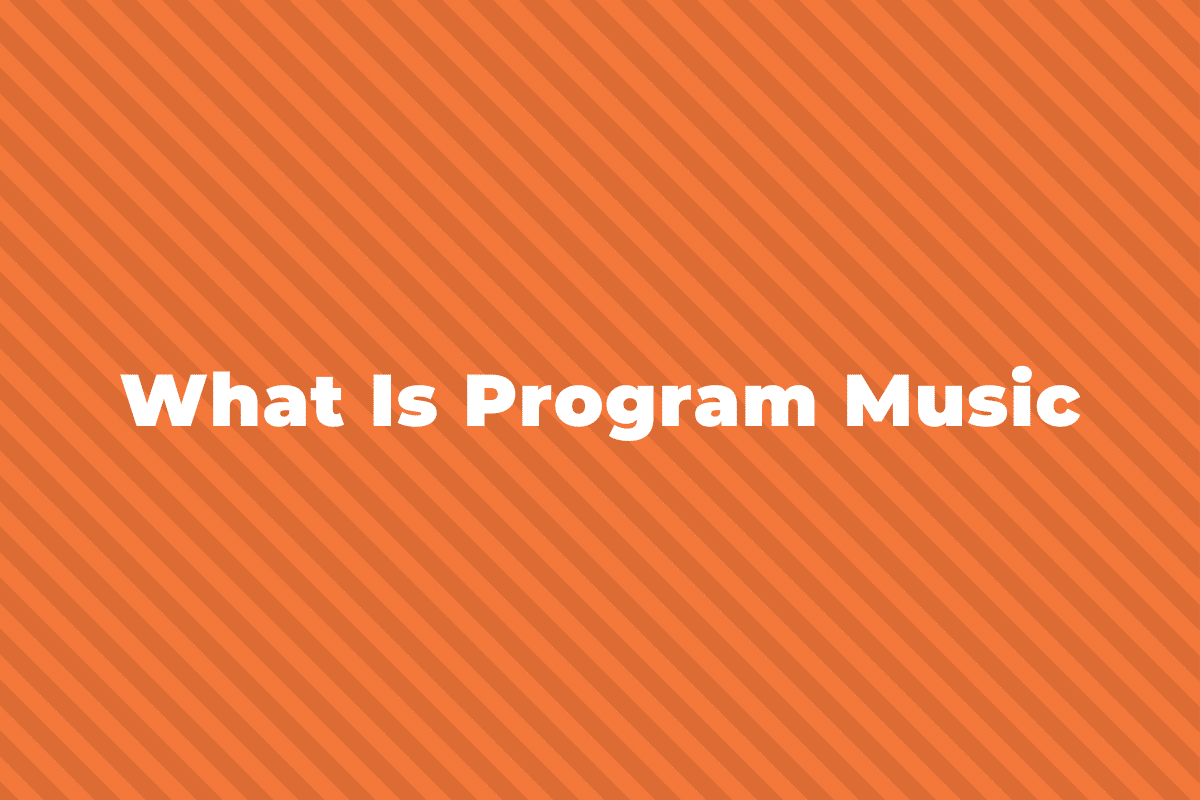In music, some people are said to have perfect pitch. What exactly does this mean? And can everyone have perfect pitch?
Perfect pitch, also known as absolute pitch, is the ability to identify or re-create a given musical note without the benefit of an external reference.
Essentially, it is the capacity to hear a note and immediately know what it is (for example, hearing a piano play a C and recognizing it as a C) or to produce a specific note without needing to hear it first.
What is Pitch in Music?
In music, when you play an instrument or sing a note, what you’re really doing is creating a sound wave.
This sound wave is made up of vibrations in the air, and it vibrates at a certain frequency.
Pitch is just the term for how we interpret that frequency with our ears.
It’s very technical, and we have a full article that talks about pitch in more detail, but the main point is every note you play or sing has a pitch, and that pitch is how we describe how “high” or “low” a note sounds.
Someone like Johnny Cash in “I Walk the Line” has a very low voice and, therefore, sings notes that have a very low pitch.
On the other end of the spectrum, a high-pitched note sounds piercing and shrill, and instruments that can play high-pitched notes include the flute, violin, and trumpet.
Definition of Perfect Pitch

The concept of perfect pitch does not deal, however, with an instrument or a voice producing a pitch, but rather refers to how a person’s ear hears a pitch being played.
Perfect pitch, which is also known as Absolute Pitch, is a person’s ability to identify, understand, and reproduce a given musical note with the benefit of an external reference.
And it is very rare – only about 1 in 10,000 people (0.01%) are thought to have it.
The way one can demonstrate perfect pitch is if you play or sing a note, say on a piano or violin, they will be able to tell you exactly what note you are playing or singing without having to search around for it.
Specifically, a person with perfect pitch doesn’t need a reference tone to identify what they hear.
Here is an example of a person with perfect pitch.
He is able to identify a note almost immediately, can identify multiple notes at once, and can also reproduce (sing) any note upon request.
Specific Abilities
There are five abilities that people with perfect pitch have some or all of:
- Identify (by name) any pitch played by any instrument – e.g. A, B, F#, Db, etc.
- Identify (by name) the key of any piece of music (provided it has a key to begin with) – e.g. knowing that “Sweet Child of Mine” by Guns N Roses is in the key of D Maj
- Name all of the notes in a given chord that you hear, or any random collection of notes
- Sing a pitch off the top of your head – e.g. “Sing a C#”
- Name the pitches (frequencies) of common, non-musical sounds, like a car alarm or the squeak of a door
Perfect pitch is found more often in people who speak a language that relies on tones – like Chinese or Vietnamese – to produce meaning.
These people are more reliant on their ability to hear the difference in specific pitches and, therefore, are more likely to develop perfect pitch.
Famous People With Perfect Pitch
Although rare, perfect pitch is not so uncommon, and as you’d expect, over the years, there have been a number of famous people who have perfect pitch.
Here are a few names that you might recognize:
- Wolfgang Amadeus Mozart
- Ludwig Von Beethoven
- Camille Saint-Saens
- John Philip Sousa
- Mariah Carey
- Jimi Hendrix
- Bing Crosby
- Ella Fitzgerald
- Charlie Puth
Can You Learn Perfect Pitch?
Experts are not sure whether or not perfect pitch can be learned or if you have to be born with the ability.
However, there are no cases of someone developing perfect pitch after becoming an adult, so it is at least impossible to learn after a certain age.
Some researchers believe there is a specific “critical period” of auditory development in which, if a child is taught the names and pitches of notes, they could learn perfect pitch, but others believe that this only reveals the innate abilities of the child.
Relative Pitch, however, is able to be learned, even in adulthood.
Some people can even get so good at Relative Pitch that they develop what is known as “Pseudo-Absolute Pitch,” which is very close to perfect pitch.
This is done by memorizing specific reference tones so well that they can ‘hear’ them in their mind without having to hear them out loud and can then learn to identify pitches with seemingly no reference point.
However, while perfect pitch does make it easier to learn and produce music, having it or not is not at all correlated with musical ability.
In Summary
Perfect pitch, also called Absolute Pitch, is an innate human ability to understand and recall specific musical notes.
If you can hear a song and say, “That song is in the key of Eb,” or hear a note played on the piano and say, “That is a G#,” or are able to sing a Bb on the spot, then you might have perfect pitch.
There are multiple quizzes online that you can test your perfect pitch ability, like TonedEar.com, or Playback.fm, you should check them out!
If you have any comments or questions, please don’t hesitate to let us know.



